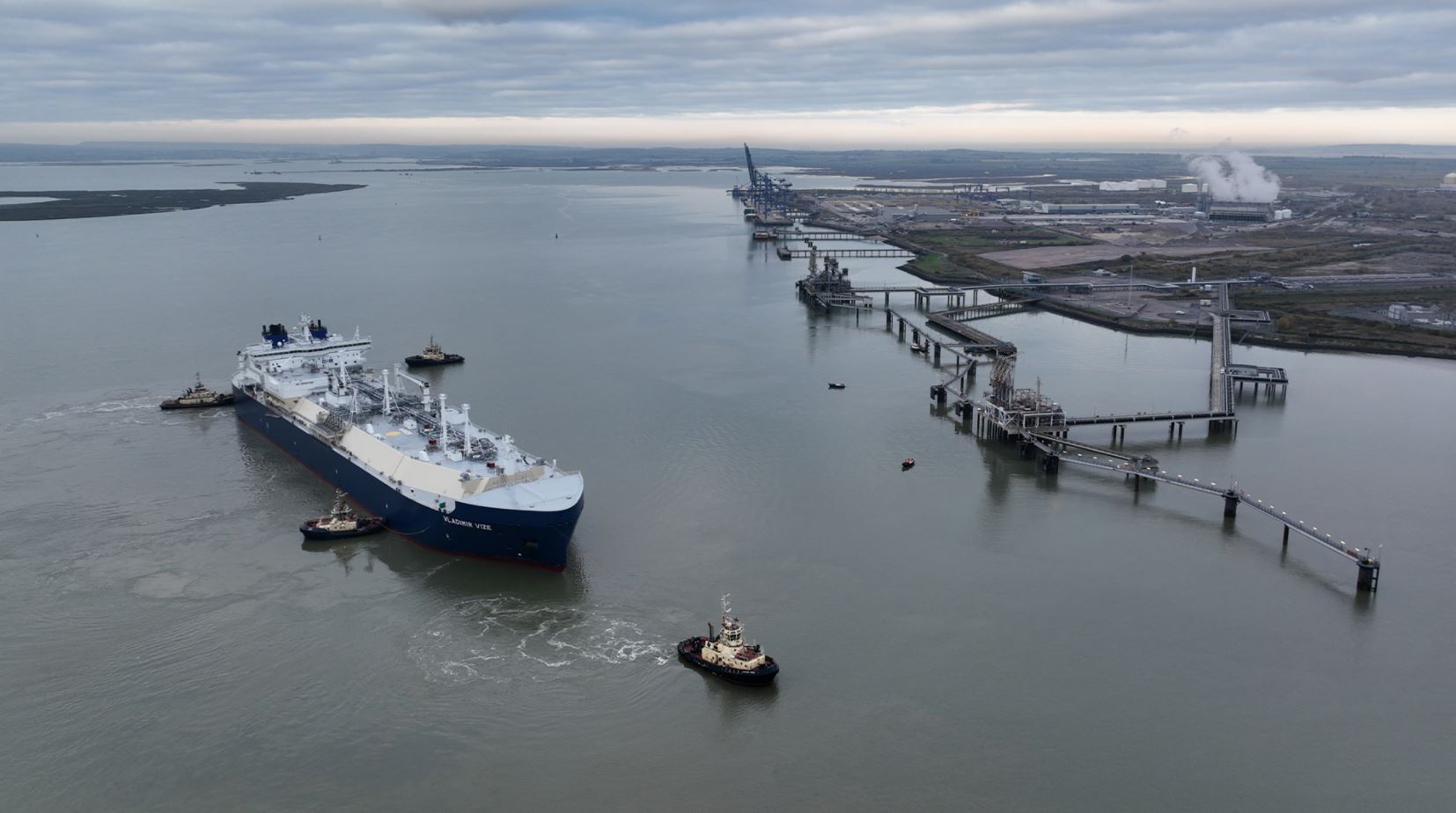Denmark’s Svitzer, a unit of Maersk, says its five tugs serving the UK’s Grain LNG terminal are running on biofuel as part of a move to slash emissions.
The Grain LNG tugs have been running entirely on hydrotreated vegetable oil (HVO) biofuel since November 15, according to a Svitzer statement.
They have recently helped berth the 172,000-cbm ice-breaking LNG carrier Vladimir Vize, chartered by Novatek’s Yamal LNG project, at the terminal operated by National Grid.
“The move confirms the operational viability as well as the commercial and environmental value of using biofuel in the towage sector,” the tugboat operator said.
Svitzer said it would convert its whole fleet of 10 tugs in London and Medway to run on marine biofuel.
“Replacing marine fuel oil with the carbon-neutral biofuel enables Svitzer to offer a new towage solution – Ecotow – to its customers, unlocking about 90% CO2 reduction in Scope 3 emissions from their towage operations,” the firm said.
The company is offering Ecotow both directly in London for customers whose vessels require towage services on the Thames, and for global customers by giving them the opportunity to inset fossil-fuelled towage elsewhere in their value chain.
Svitzer would calculate the emissions impact of towage operations for Ecotow customers and match this impact with a volume of biofuel delivered to the London-based fleet.
Carbon-neutral ops
By January 2022, all 10 of Svitzer’s tugs in London will operate using HVO biofuel, expanding the Ecotow offering even further.
The decision to scale up biofuel use across the London fleet follows the successful completion of the “industry-first biofuel trial” onboard Svitzer Intrepid, which has been running on biofuel since September 2021.
Svitzer considers HVO a “crucial first step” in the roadmap towards a carbon-neutral towage sector.
According to Svitzer, the Ecotow product exclusively uses sustainable second-generation biofuels.
These fuels are produced using waste material such as used cooking oil as feedstocks and are certified by ISSC or RSB.
Relative to marine diesel, these biofuels reduce carbon emissions by 100% on a tank-to-wake basis and about 90% on a well-to-wake basis, the firm claims.

